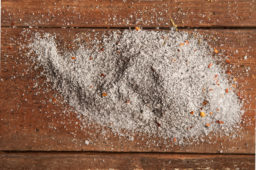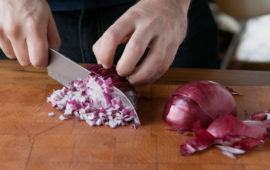Gross Storage Mistakes That Are Ruining Your Potatoes
Potatoes are a pantry staple, offering versatility in meals and lasting power in storage. However, despite their ability to last for weeks when stored correctly, many people unknowingly make these simple but gross storage mistakes that cause their potatoes to spoil quickly. The result? Soft, sprouting, or moldy potatoes that aren’t just a waste of money but also unappetizing. If you’ve ever found yourself discarding potatoes prematurely, it may be due to improper storage.
In this article, we’ll highlight the most common mistakes people make when storing potatoes and explain how to correct them. By understanding the best practices for storing potatoes, you can keep them fresh for longer, reducing waste and getting the most out of your spuds.
Storing Potatoes in Plastic Bags
A mistake people often make is storing potatoes in plastic bags. While plastic bags may seem like a convenient option, they can trap moisture, leading to the growth of mold and mildew. Potatoes need air circulation to stay fresh, and plastic bags restrict that airflow, causing the potatoes to deteriorate quickly. When stored in plastic bags, potatoes are more likely to become soft, wrinkled, and spoiled.
Instead of using plastic bags, opt for breathable storage options like paper bags, burlap sacks, or even a well-ventilated basket or box. These options allow air to circulate around the potatoes, preventing moisture buildup and keeping them dry. The key is ensuring that your potatoes have room to “breathe,” which helps prolong their shelf life.
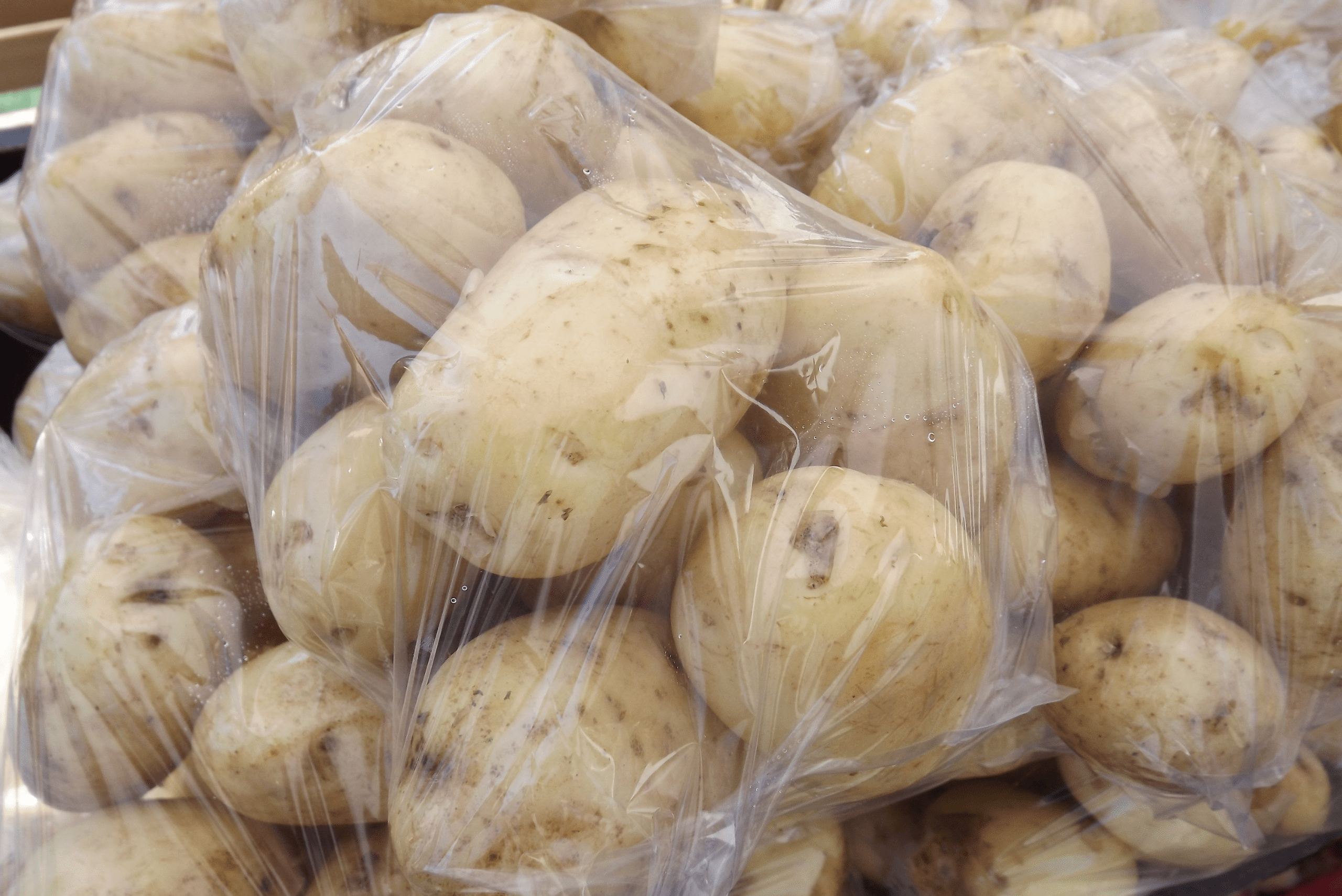
Storing Potatoes in the Fridge
Another one of the most common mistakes people make when storing potatoes is putting them in the fridge. While it may seem like the cold temperature of a refrigerator would help preserve the potatoes, it actually does more harm than good. When potatoes are stored in the fridge, the starch in them turns into sugar more quickly, affecting their flavor and texture. This can lead to overly sweet, grainy potatoes and even result in an unpleasant aftertaste.
To keep your potatoes fresh, they should be stored in a cool, dark, and dry place, just not in the fridge. Ideally, store them in a pantry or cupboard where the temperature is between 45°F and 55°F (7°C to 13°C). This helps maintain the ideal conditions for preserving their natural sugars and starches, ensuring that they stay firm and flavorful for longer.
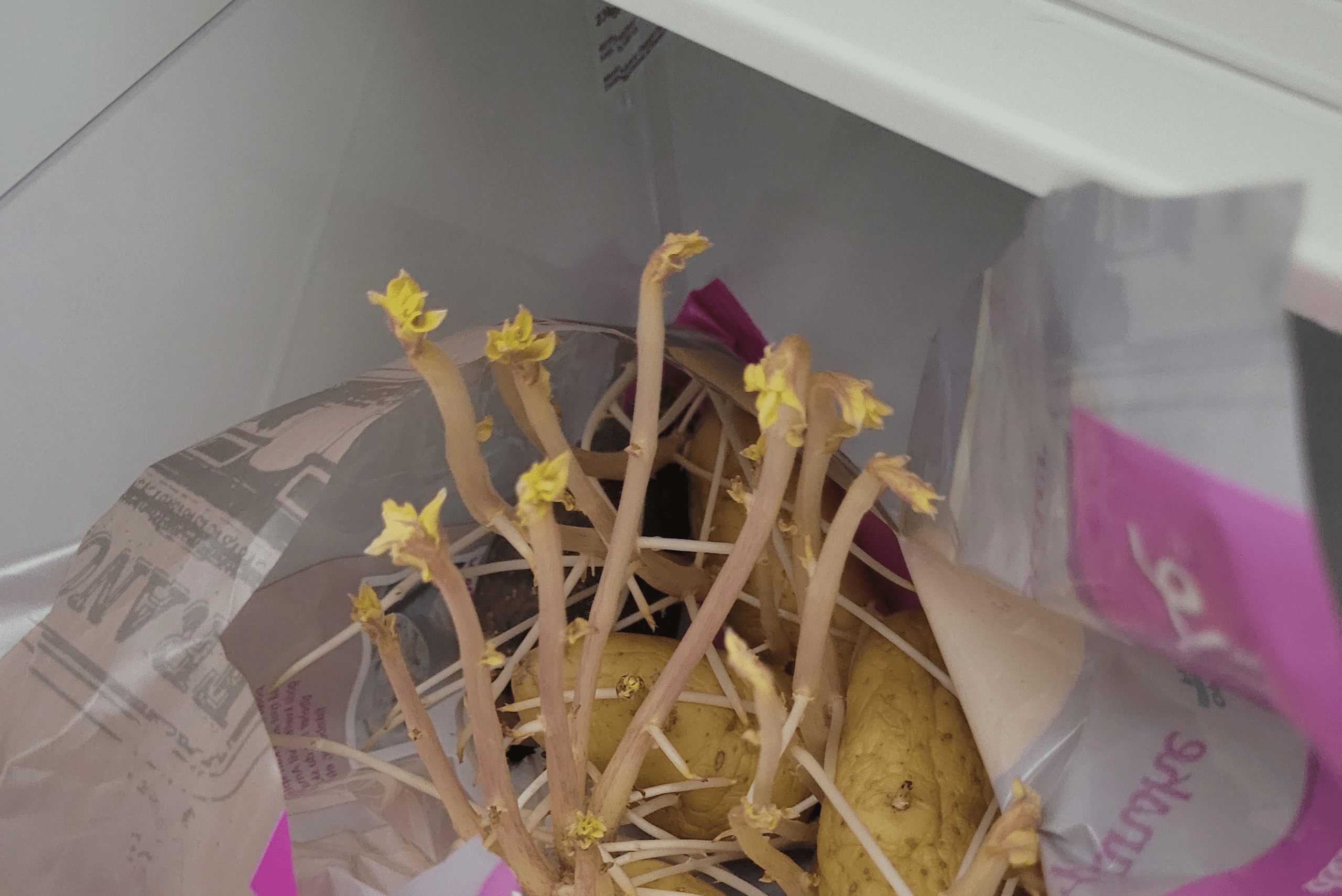
Storing Potatoes with Onions
Many people store potatoes and onions together in the same place, but this can lead to a very gross and unwanted outcome. When stored together, onions release gases that accelerate the sprouting process of potatoes. Additionally, the moisture from onions can cause potatoes to spoil faster, leading to mushy or rotten spuds. This pairing can also contribute to a strong odor that can affect the freshness of both vegetables.
It’s best to store potatoes and onions separately in order to maintain their freshness. Potatoes should be kept in a dark, dry space with good airflow, while onions should be stored in a cool, well-ventilated place as well, but preferably away from the potatoes. By keeping them apart, you can extend the shelf life of both vegetables and avoid the unpleasant smell of spoiled produce.
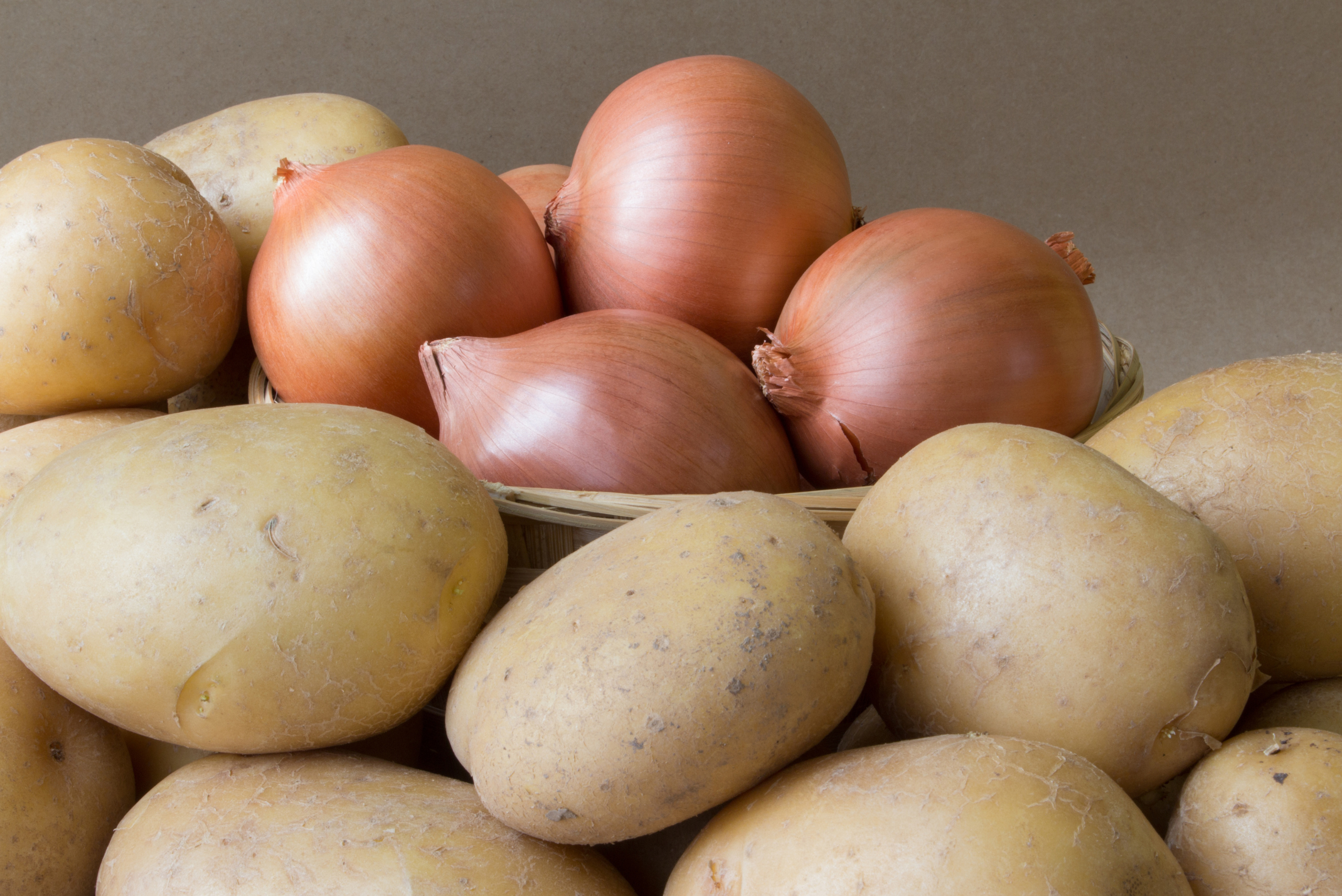
Not Sorting Potatoes Before Storage
Before storing your potatoes, it’s important to inspect them carefully. If you store damaged or bruised potatoes along with healthy ones, the damaged potatoes will begin to rot and spread bacteria, which will ruin the rest of your potatoes. Additionally, potatoes that are already starting to sprout will release moisture and gas that can cause surrounding potatoes to spoil faster.
To prevent this, sort through your potatoes and remove any that are damaged, bruised, or sprouting. Any potatoes showing signs of early spoilage should be used immediately or discarded. By only storing healthy, firm potatoes, you can ensure that the rest of your batch stays fresh for as long as possible.
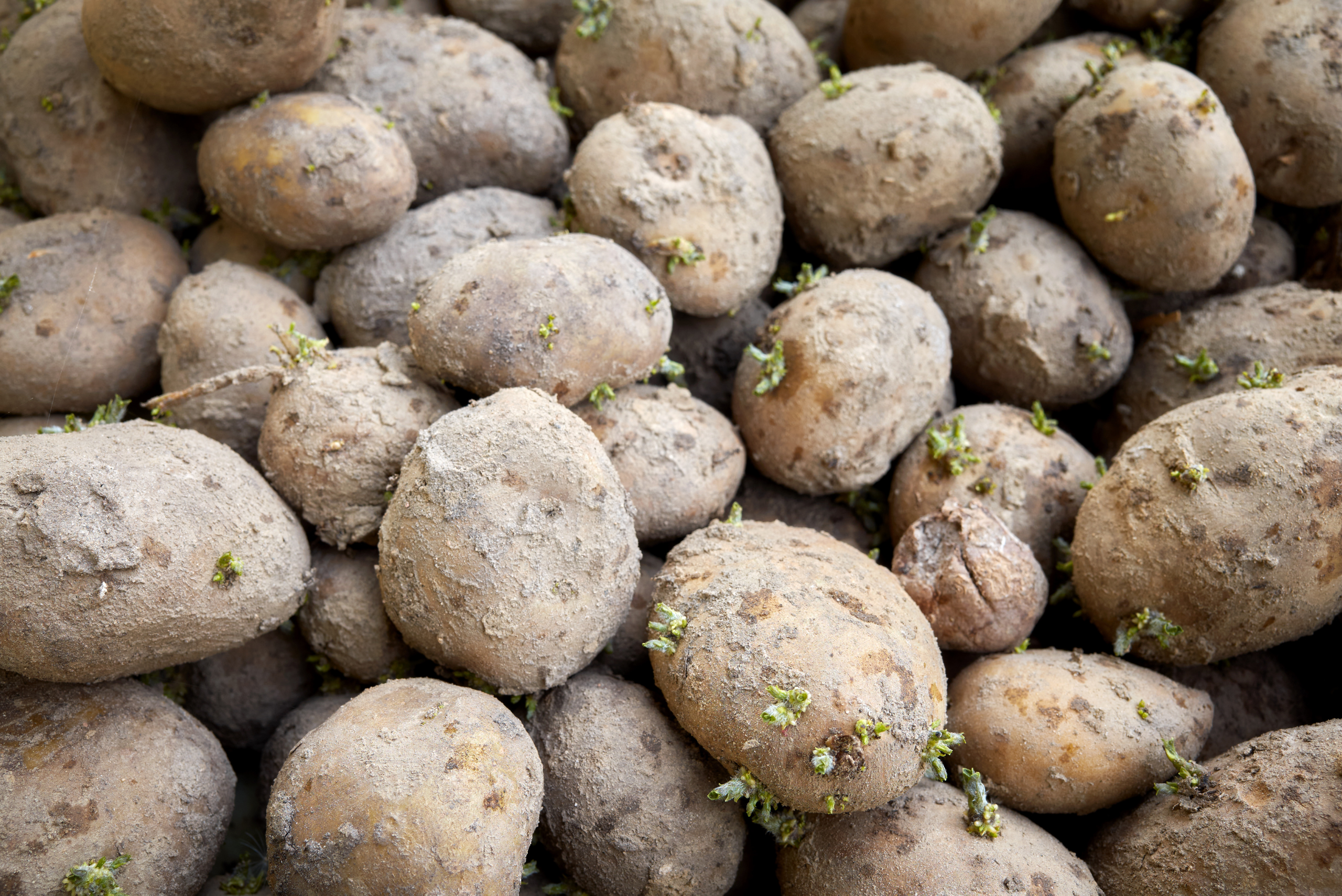
Keeping Potatoes in Direct Sunlight
The last gross mistake that many people make is storing their potatoes in direct sunlight. Potatoes exposed to sunlight begin to produce solanine, a natural toxin that gives the potatoes a greenish tint. Solanine can cause a bitter taste, and in large amounts, it can be harmful if consumed. Storing potatoes in a place that gets too much sunlight can cause them to sprout prematurely and degrade in quality.
To avoid this, make sure you store your potatoes in a dark location. A cupboard, pantry, or any other cool, dimly lit area works best. Keeping them out of direct sunlight will help prevent the formation of solanine, ensuring your potatoes stay fresh and safe to eat.
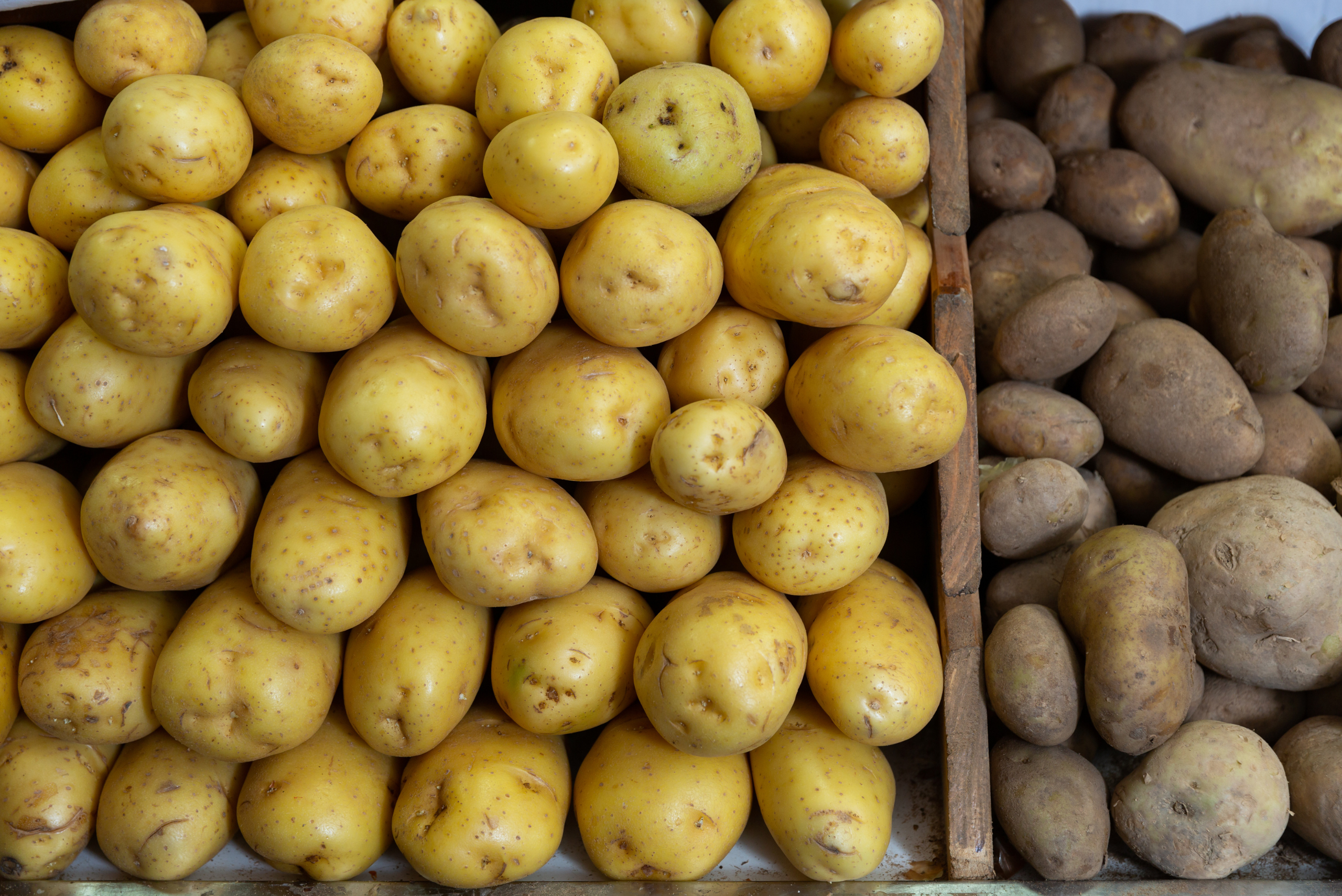
Related Articles
- 5 Ways to Store Food Correctly and Extend Its Freshness
- The Ultimate Guide To Food Prepping
- 5 Cooking and Food Prep Hacks to Simplify Your Time in the Kitchen
By avoiding these common storage mistakes, you can extend the shelf life of your potatoes and avoid wasting them due to premature spoilage. Store them in a cool, dark place with good airflow, and avoid the fridge, plastic bags, and direct sunlight. Sorting out damaged or sprouting potatoes before storage will also ensure that your remaining potatoes stay fresh for longer. With just a few simple adjustments, you can keep your potatoes in perfect condition and enjoy them at their best. So, next time you buy a fresh bag of spuds, remember these tips to make sure you’re storing them properly!




